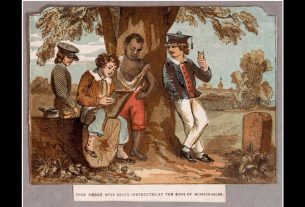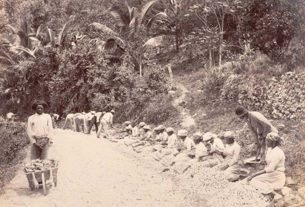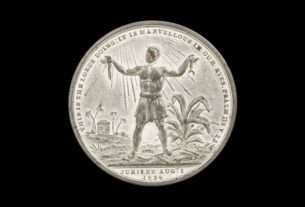The trafficking of Africans by Europeans began in the 1500s. From the time Africans were enslaved in their motherland, to the time of their arrival in the New World, they sought ways to rebel, to fight back and escape.
There is, therefore, a long history of resistance to enslavement that began before antislavery campaigners took up the cause in the UK. Enslavers responded to those
freedom-seeking acts with violence and repression, which prompted more African resistance. The constant threat of uprisings or their actual occurrence meant that there was a perennial state of war in the Caribbean, mainly over sugar. In his book, Thoughts Upon The African Slave Trade (1788), John Newton, trafficker, abolitionist, and composer of the hymn Amazing Grace, said a consignee had informed him:
‘That calculations had been made, with all possible exactness, to determine which was … the more saving method of managing slaves: whether, to appoint them moderate work, plenty of provision, and such treatment as might enable them to protract their lives to old age? Or, by rigorously straining their strength to the utmost, with little relaxation, hard fare, and hard usage, to wear them out before they became useless and unable to do service, and then, to buy new ones, to fill up their places?
… these skilful calculations had determined in favour of the latter mode, as much the cheaper, and that he could mention several estates in the island of Antigua, on which it was seldom known that a slave had lived above nine years.’




